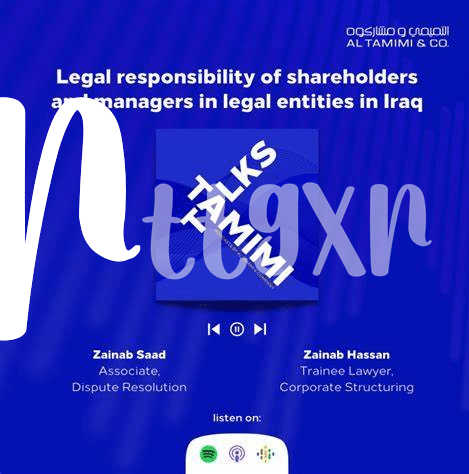Understanding the Differences between Arbitration and Mediation 🤔

Arbitration and Mediation serve as two distinct paths for settling disputes, each with its unique approach and benefits. Arbitration involves a neutral third party, the arbitrator, making a binding decision after hearing arguments from both sides. On the contrary, Mediation focuses on a mediator facilitating communication between parties to reach a mutually acceptable agreement.
Here is a table summarizing the key differences between Arbitration and Mediation:
| Aspect | Arbitration | Mediation |
|————-|——————|———————|
| Decision | Binding decision | Non-binding agreement|
| Party Control | Less control for parties | Parties have more control |
| Speed | Usually faster | Can be time-consuming|
| Cost | Can be expensive | Generally cost-effective |
Pros and Cons of Arbitration in the Iraqi Context 📊
Arbitration in the Iraqi context presents both advantages and challenges. On the positive side, arbitration offers parties autonomy in selecting arbitrators and flexibility in procedure. This can lead to faster and more tailored resolutions compared to court litigation. Additionally, arbitration awards are often easier to enforce internationally, making it a preferred choice for cross-border disputes. However, concerns exist regarding the potential lack of transparency in the decision-making process and the potential for higher costs compared to other dispute resolution methods. Despite these drawbacks, the ability to maintain confidentiality in sensitive matters and the expertise of arbitrators in specialized areas can outweigh the cons in many cases. Understanding these nuances is crucial for parties navigating dispute resolution options in the Iraqi legal landscape.
Benefits of Choosing Mediation for Resolving Disputes 🤝

When it comes to resolving disputes, mediation offers a unique set of advantages that can greatly benefit parties involved. One of the key benefits of choosing mediation is the opportunity for all parties to actively participate in crafting a mutually agreeable solution. Unlike arbitration, where a decision is imposed by the arbitrator, mediation encourages open communication and collaboration between the conflicting parties. This collaborative approach often leads to more creative and tailored resolutions that address the underlying interests and concerns of all involved. Additionally, the informality of the mediation process can help preserve relationships that may be important to the parties after the dispute is resolved.
Case Studies Highlighting Successful Arbitration Outcomes in Iraq 🏆

Case studies from Iraq showcase the effectiveness of arbitration in resolving complex disputes, demonstrating how this method leads to favorable outcomes for all parties involved. One notable instance involved a business contract disagreement where the arbitration process facilitated a swift resolution, saving time and resources. The structured nature of arbitration allowed for a fair and impartial decision, highlighting its value in the Iraqi context. By examining successful arbitration cases, stakeholders can better understand its benefits and consider it as a viable option for dispute resolution. These real-world examples emphasize the practicality and efficiency of arbitration, making it a compelling choice in navigating legal conflicts.
For expert tips on handling bitcoin payment disputes in Italy, check out this insightful guide on bitcoin payment dispute resolution in Ireland.
Importance of Cultural Sensitivity in Choosing Dispute Resolution Methods 🌍
Cultural sensitivity plays a crucial role in selecting the appropriate dispute resolution method. Understanding and respecting the cultural nuances and norms of the parties involved can greatly impact the effectiveness and outcome of the arbitration or mediation process. By recognizing and accommodating cultural differences, the parties can foster a more collaborative and inclusive environment, leading to more satisfactory and sustainable resolutions. Cultural sensitivity enhances communication, builds trust, and promotes mutual respect among the parties, laying a solid foundation for a successful dispute resolution process. It is essential to consider cultural factors when deciding between arbitration and mediation to ensure that the chosen method aligns with the cultural context and values of the parties involved.
| Aspect | Arbitration | Mediation |
|---|---|---|
| Cultural Sensitivity | Considered but less interactive in nature | Emphasizes understanding and accommodating cultural differences |
Factors to Consider When Deciding on Arbitration or Mediation 🤔

When deciding between arbitration or mediation, several factors come into play. Consider the complexity of the dispute and the desired level of formality. Assess the timeline for resolution and the costs involved. Evaluate the level of control both parties wish to maintain over the process and the outcome. Cultural nuances and sensitivity should also be taken into account, along with the potential for preserving relationships post-resolution. Ultimately, the decision should align with the specific needs and circumstances of the parties involved. Bitcoin payment dispute resolution in Iran can present unique challenges, whereas in Italy, a different approach may be required.
Bitcoin payment dispute resolution in Iran
